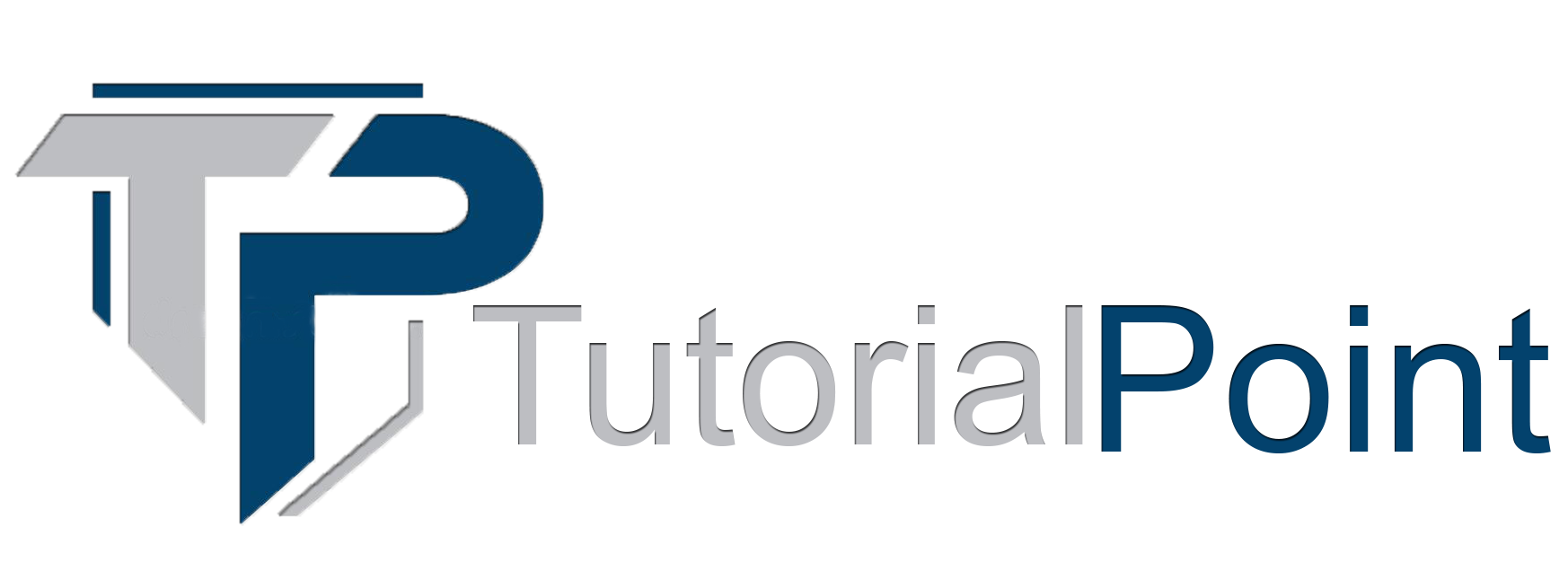Finding Freedom in Freelancing: A Beginner’s Guide to Ditching the Corporate Job
[ad_1]
In today’s fast-paced and ever-changing work environment, many individuals are seeking alternatives to the traditional corporate job. The rise of freelancing has presented a viable and attractive option for those yearning for more freedom and flexibility in their careers. But what does it really mean to ditch the corporate job and find freedom in freelancing? In this beginner’s guide, we will delve into the world of freelancing and explore how it can offer a new path to professional fulfillment and liberation.
One of the most significant advantages of freelancing is the freedom it provides. No longer bound by the rigid structures and schedules of a corporate job, freelancers have the ability to set their own hours, choose their clients, and work from anywhere in the world. This flexibility not only allows for a better work-life balance but also presents exciting opportunities for those who crave autonomy and control over their professional lives.
However, before embarking on a freelance career, it is essential to carefully consider your skill set and passion. What are you truly good at, and what do you enjoy doing? Freelancing provides a golden opportunity to capitalize on your unique talents and interests. Whether you’re an exceptional writer, a gifted graphic designer, or a masterful coder, freelancing allows you to specialize in what you do best. By focusing on your strengths, you can attract clients who value your expertise, making the transition from a corporate job to freelancing all the more rewarding.
Building a strong network is another crucial aspect of finding success in freelancing. While a corporate job may provide a ready-made network of colleagues and clients, freelancers must actively seek out and nurture their connections. Online platforms like LinkedIn, Upwork, and Freelancer.com can be invaluable resources for finding new clients and opportunities. Attending industry events, joining relevant communities, and participating in online forums are also great ways to expand your network and generate new business leads. Additionally, maintaining positive relationships with existing clients can lead to referrals and recurrent work, making networking an ongoing and vital part of a freelancer’s journey.
Freelancers must also become masters of self-management. Without the structure and supervision of a corporate job, it can be easy to be overwhelmed by distractions or lose sight of deadlines. Setting clear goals, establishing a routine, and managing time effectively are crucial to maintaining productivity. Developing good habits, such as creating a designated workspace and establishing boundaries between work and personal life, can contribute to sustained success as a freelancer.
It is important to note that freelancing is not without its challenges. The lack of a steady paycheck and benefits can be initially daunting, but with careful financial planning and budgeting, these hurdles can be overcome. Saving an emergency fund and setting up a retirement plan are essential steps towards ensuring financial stability. Insurance options, such as health and liability coverage, are also worth considering to protect both yourself and your business.
Finding freedom in freelancing is an exciting endeavor that offers the potential for personal growth, fulfillment, and increased professional satisfaction. By leveraging your skills, building a strong network, and mastering self-management, you can successfully transition from a corporate job to a freelancing career. Embrace the opportunities that freelancing presents, and you may find a level of freedom and happiness that was previously unimaginable.
[ad_2]

